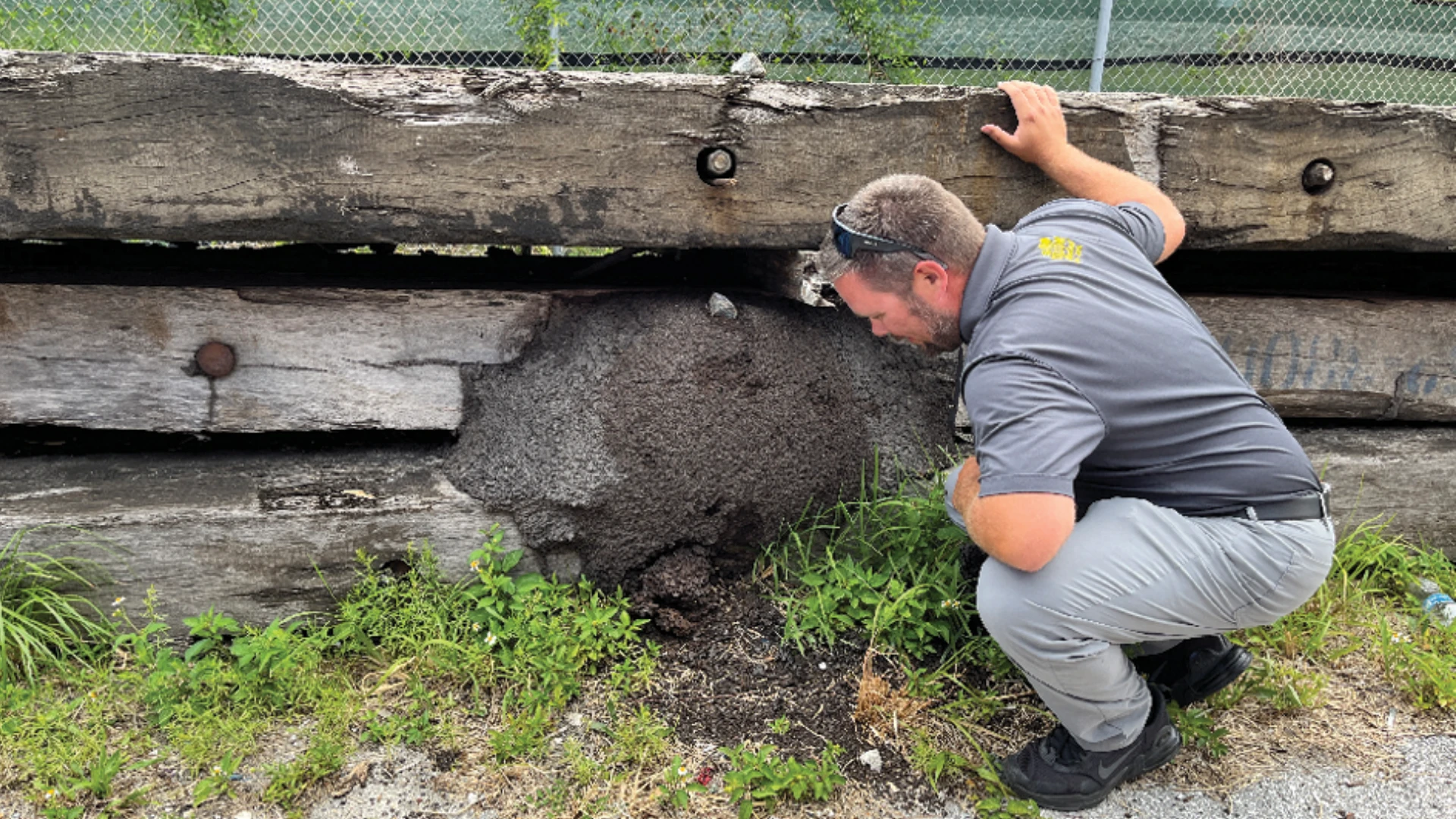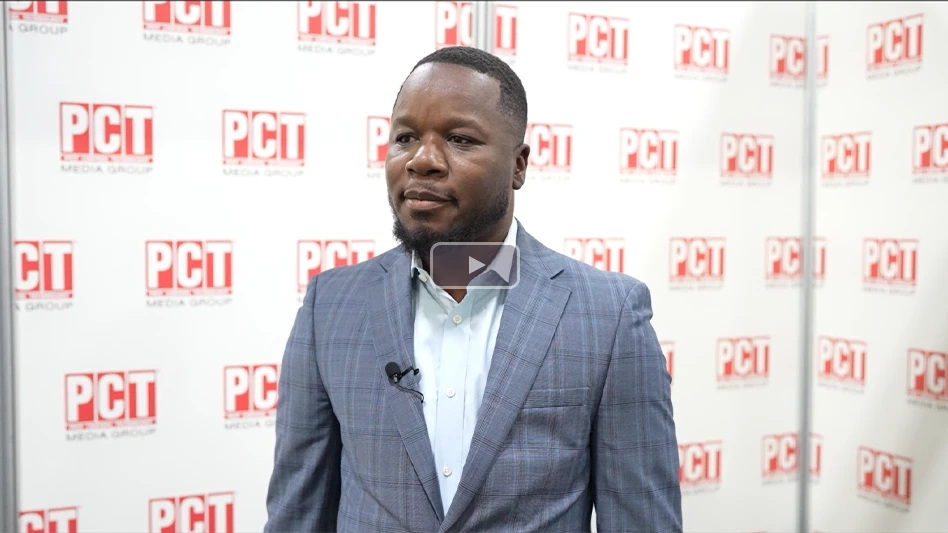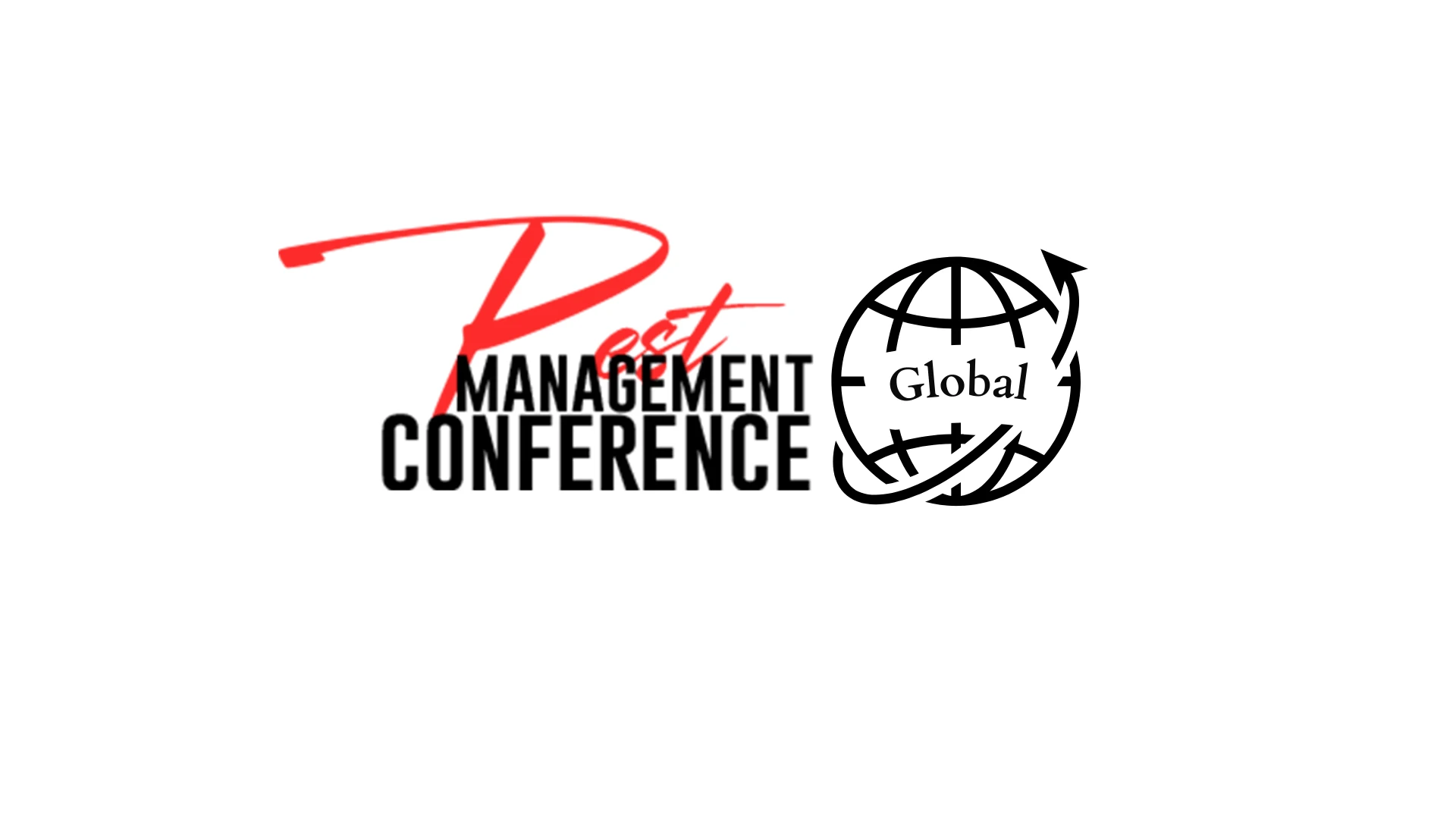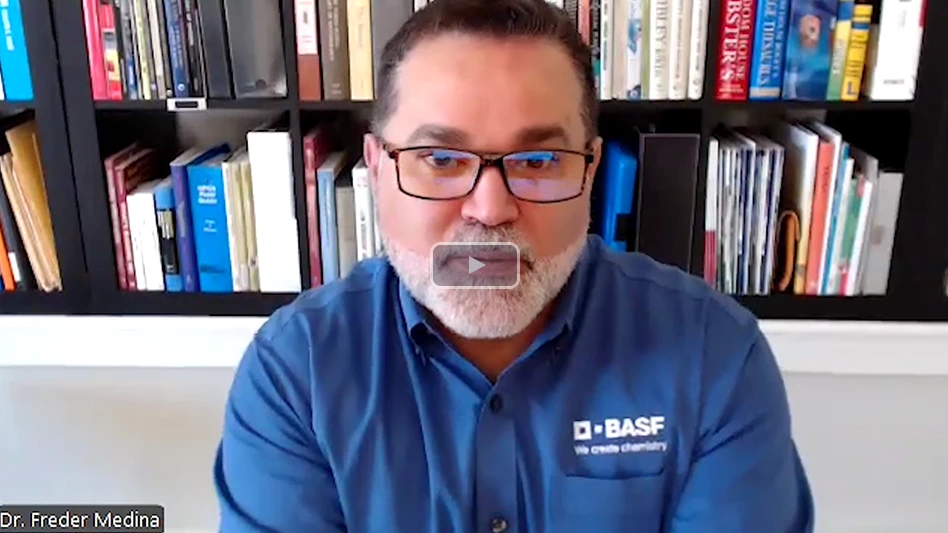In a year in which the United States is still rebounding from terrorist attacks and investor confidence has been shaken by corporate accounting scandals, the economy is struggling to recover. At the beginning of the third quarter, the unemployment rate stood at 5.9 percent, with gains in the service sector offset by losses in manufacturing and construction.
What does this mean to the pest control industry? According to Jean Seawright, president of Seawright & Associates Inc., a management consulting firm in Winter Park, Fla., "Those companies that are growing (adding new offices, new divisions, new locations) are adding staff. Those that are not growing (either by choice or due to economic conditions) seem at least to be holding steady in terms of their employment. We have not experienced a pattern of layoffs in the pest control industry to date."
In fact, one telling statistic is the turnover rate. According to the PCT survey, nearly 60 percent of respondents experienced no turnover this past year as companies worked overtime to keep their employees happy in a tough labor market. Nancy Reynolds, vice president of human resources/administration of Arrow Exterminators, Inc., based in Atlanta, concurs. "Is our turnover down from past years? Absolutely. Is turnover most likely to occur in the first year of employment? Yes, without a doubt. But the vast majority of our service technicians have been with us (or an acquisition) for many years," she states.
RECRUITMENT. Recruiting qualified candidates remains an issue with PCOs. Seawright states, "We continue to hear from our clients about the difficulty of finding talented people. Even with unemployment levels higher, while PCOs may be having an easier time attracting people, the quality is only slighter better than pre-2001 times."
Carl Monin, human resources manager of Cook’s Pest Control in Decatur, Ala., agrees. "Some of the resumes we receive are from qualified candidates, however, many are not. Very few have pest experience. Our emphasis is not as much on industry experience, as it is on ‘trainability’ of the individual on Cook’s methods," he says.
Reynolds from Arrow Exterminators adds, "If we’re hiring a salesperson, they most likely have at least five years experience within the industry, where a fledgling termite technician is often new to the field. Usually a pest control technician (and renewal inspector) has a number of years in the industry, but we have certainly hired, successfully, someone who shows initiative, easy rapport with the public, and a willingness to learn application methods and ‘the business.’"
Recruiting methods vary. Many companies include employment information and an online application on their Web sites. Edith Alson, human resources manager of Western Exterminator Company, based in Irvine, Calif., states, "Our Web page is getting a lot of hits with people applying online. We also use local newspapers, EDD (Employment Development Department, a state of California online job bank) and we post advertisements in our customer bills."
Cook’s Monin takes the following approach: "We use Web, newspaper, employment publications, etc., however, we emphasize employee referrals. This is where we tend to get our best people. Happy employees will tend to recommend Cook’s to their friends. Also, they tend to only recommend people that they think will work out," adds Monin.
Reynolds of Arrow also uses the Web, newspapers and word-of-mouth advertising, but takes recruiting even further. "We also attend all the trade shows we can, constantly scouting for those in related fields and we have contacted vocational and tech schools to try and snare the new graduates who may be undecided on what to do after graduation," she states. "In a business like ours, where there are any number of service companies within an easy commute of a potential candidate’s home, finding, selecting and retaining the best employee becomes the number one challenge we face on a day-to-day basis."
TRAINING. Training becomes a critical component of success. Western Exterminator maintains a two- to three-week training program, which it will expand to three to seven weeks in 2003. Cook’s new employees complete 160 hours of on-site classroom and computer training. Reynolds from Arrow states, "In Georgia, our techs are required to have a minimum of 10 hours classroom training, and 70 hours ‘on-the-job’ training – but we all know that such a minimum is a ‘bare bones’ approach to success. Our branches are required to have two training meetings per month – at a minimum – and our most successful branches are those with managers who constantly train and educate their employees. Also, our director of training visits the branches on a rotating basis and does in-depth training (one to three hours) on topics selected by the Technical Services Department."
Reynolds adds, "We are currently requiring all service technicians to take proficiency tests in their particular discipline. We want to ensure that how we train our techs is effective."
Henry Anthony, vice president of human resources for Orkin Pest Control, says that all new employees undergo an orientation program, in-branch training that includes a 15-day syllabus, a one-week technical training school, and continued weekly training, as well as workshop sessions throughout the year. "Thus, in addition to ensuring our technicians meet state licensing requirements, we invest considerable time and effort to ensure they will meet the needs of our commercial and residential customers," he states.
COMPENSATION. The compensation for pest control technicians, as evidenced by the PCT survey, shows that 40 percent earn less than $25,000 a year, while about 39 percent earn between $25,000 and $35,000. In addition, 35 percent of salespeople earn less than $30,000 a year, while almost 49 percent earn between $30,000 and $50,000.
Seawright states, "Most PCOs granted more conservative pay increases this past year – ranging from 2.0 to 3.8 percent." In addition to traditional benefits such as medical and life insurance, some companies looked at alternative benefits. Both Cook’s and Western Exterminator changed the waiting period for their 401(k) plans from one year to six months.
Arrow provides alternative benefits such as outings and get-togethers for employees and their families. Reynolds states, "Our CEO Joe Thomas thinks that taking care of your people is the best way to retain and attract the best employees, and he maintains an ‘Open Door’ policy for all employees. Accessibility to the CEO is an oft-overlooked benefit in employment." And there are others, according to Reynolds, including sales incentives for technicians and contests with true "benefits."
TRENDS IN THE COMING YEAR. The Bureau of Labor Statistics, an agency within the U.S. Department of Labor, states that job prospects within the pest control industry should be favorable. In fact, "employment of pest control workers is expected to increase 21 to 35 percent through 2010. An expanding client base will develop as environmental and health concerns and improvements in the standard of living convince more people to hire professionals rather than attempt pest control work themselves. In addition, tougher regulations limiting pesticide use will demand more complex integrated pest management strategies. Greater concerns about the effects of pesticide use in schools has increasingly prompted more school districts to investigate alternative means of pest control, such as Integrated Pest Management. Furthermore, use of some newer materials for insulation around foundations has made many homes more susceptible to pest infestation. Finally, continuing population shifts to the more pest-prone Sun Belt states should increase the number of households in need of pest control," the report concludes.
Western Exterminator’s Alson indicates that her company will determine employment growth for next year during the budgeting process in the fourth quarter. Anthony projects that Orkin will continue to hire, but probably slightly fewer employees than in the past. Monin of Cook’s will continue to increase staffing, and Arrow is also looking to add staff through acquisition and the addition of another branch. Reynolds states, "We have also instituted and expanded several of our programs (notably our pest control and new construction ‘pre-treats’) that will most likely necessitate an increase in employee population based on growth in those two areas alone."
Seawright adds, "My experience with this industry is that those owners who want to grow, can grow if: (1) they have a competitive advantage (quality, professionalism, personnel, service, etc.); and, (2) they are willing to invest the time, resources, and capital to do so. I believe the coming year will be no different. Those PCOs with growth plans will add staff in the necessary disciplines. It has been a ‘quiet’ year for PCOs – most have been focused on holding steady and have taken a ‘wait and see’ approach to growth and adding staff."
The author is a freelance writer from Cleveland, Ohio. She can be reached at dtaylor@pctonline.com.

Explore the October 2002 Issue
Check out more from this issue and find your next story to read.
Latest from Pest Control Technology
- The Evolving World of Electronic Rodent Monitoring
- Back-to-basics Approach for Cockroach Control
- PPMA Encourages PMPs to Take Part in Termite Awareness Week
- Moneypenny is a Provider of Virtual Receptionists
- Video: Top 10 PCT Photo Contest Finalists
- Massey Services Expands with Southeast Commercial Region
- Pest Management Foundation Announces Kevin J. Burns Scholarship
- How to Identify Clover Mites





